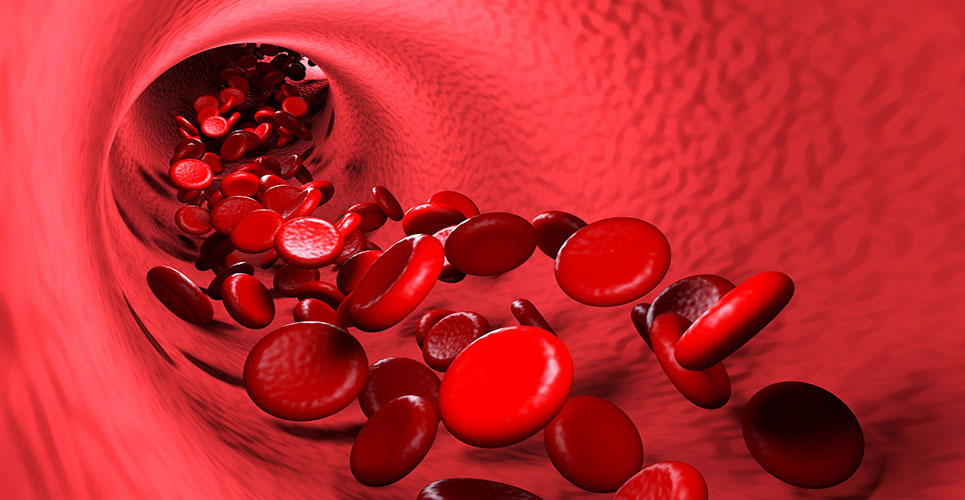teaser
Bristol-Myers Squibb is progressing plans to take Sprycel® (dasatinib) into front-line treatment for patients with chronic myelogenous leukaemia in chronic phase (CML-CP) following the presentation of promising data at the European Haematology Association meeting in Vienna, Austria.
According to updated results from the ongoing study, Sprycel is safe and effective in treatment-naïve patients, achieving rapid, complete cytogenetic responses in a high percentage of patients with previously untreated CML-CP.
Dr Claude Nicaise, head of clinical development for dasatinib at B-MS in the USA, said the company would discuss the results, and the design of new large long-term global studies to investigate the potential of dasatinib as first-line treatment in patients with CML-CP, with regulatory authorities in Europe and the USA.
In the study presented at the EHA, 34 patients received dasatinib orally at a dose of 100mg/day, and were randomised to a schedule of either 50mg twice daily or 100mg once daily. Dose escalation to 140mg/day and 180mg/day for poor response or dose reduction to 80mg/day and 40mg/day for toxicity, maintaining the same schedule, was allowed.
Three-month results from 34 patients showed that complete haematological response and major cytogenetic response both occurred in 23 (88%) of 26 evaluable patients and complete cytogenetic response in 20 (77%) patients. After six months of therapy, 24/26 (92%) evaluable patients had achieved complete cytogenetic response. According to the study authors, these results compare favourably with a complete cytogenetic response at six months of 54% with imatinib 400mg/day and 85% with imatinib 800mg/day, in historical data of similar patients treated in studies at the University of Texas MD Anderson Cancer Center.
At one year, 5/11 (45%) evaluable patients had achieved a major molecular response in the study reported at the EHA (one of which was complete). The most common non-haematological adverse events included dyspnoea (eight patients), fatigue (seven patients), muscle pain (six patients) and headache (five patients) and were predominantly grade 1–2. Pleural effusion occurred in three patients (grade 1–2 in all). Grade 3–4 haematological toxicity (transient) included anaemia in four patients, neutropenia in seven patients, and thrombocytopenia in four patients. The actual median daily dose for all patients was 100mg and no difference in adverse events was observed between the two dose schedules used in the study. The investigators concluded that rapid, complete cytogenetic responses to dasatinib 100mg/day were observed in a high percentage of patients with previously untreated CML-CP.
Study co-author Professor Hago Kantarjian, chairman of the leukaemia department at the Anderson Cancer Center, commented: “Use of dasatinib frontline may prevent the emergence of imatinib resistance. This may prove a good rationale for using the new tyrosine kinase inhibitors frontline, but we need to ensure the toxicity profile is acceptable.” Dasatinib is currently licensed for use only in patients who are resistant or intolerant to prior treatment, including imatinib.
PharmaTimes 11/6/2007
